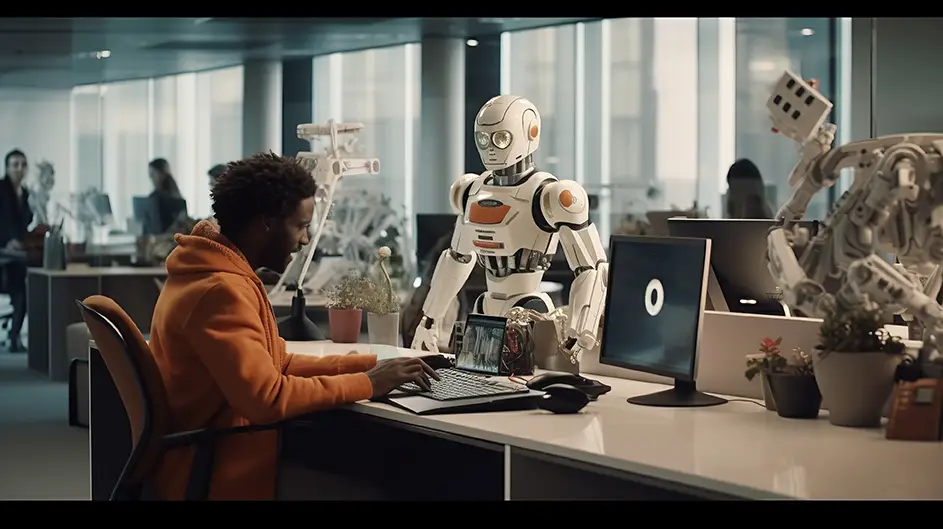The world of robotics has witnessed an unprecedented surge in recent years, revolutionizing industries from manufacturing to healthcare. Now, Tesla, a company renowned for its pioneering spirit, is poised to transform the domestic sphere with the introduction of its groundbreaking humanoid robot, the Optimus Gen 2.
A Technological Leap Towards Humanoid Integration
Tesla CEO Elon Musk’s vision for a future where robots seamlessly integrate into our daily lives has gained momentum with the unveiling of the Optimus Gen 2. This second-generation humanoid robot showcases significant advancements in dexterity, mobility, and adaptability, paving the way for a new era of domestic automation.
Enhanced Dexterity: Unleashing Precision and Grace
The Optimus Gen 2 boasts remarkable improvements in its actuators and sensors, enabling it to navigate obstacles with unprecedented agility and precision. Its movements are now closer to humanlike, allowing it to open doors, carry objects, and even manipulate delicate items like eggs without breaking them. This enhanced dexterity opens up a plethora of possibilities for domestic applications, ranging from preparing meals to handling laundry with precision.
Adaptability: A Robotic Maestro of Diverse Tasks
The Optimus Gen 2’s software architecture is designed for adaptability, allowing it to learn and adapt to new tasks and environments. This capability holds immense potential for revolutionizing home assistance. The robot can seamlessly transition between various tasks, from cleaning and tidying up to assisting with childcare duties. Its ability to learn and adapt will enable it to anticipate household needs and suggest solutions, further enhancing its usefulness and efficiency.

Implications of Robotic Companions: Navigating Ethical and Practical Concerns
The prospect of ubiquitous robotic assistants in our homes raises a multitude of questions and concerns. While the potential benefits are undeniable, the integration of robots into our personal spaces demands careful consideration of privacy, safety, and ethical implications.
Privacy: Striking a Balance Between Data Collection and Transparency
The collection and use of data gathered from household robots raise concerns about privacy, particularly regarding interactions with family members or sensitive personal information. Clear transparency regarding data collection practices, as well as the ability for individuals to control data access, is crucial to address these concerns and foster trust in the technology.
Safety: Ensuring a Harmonious Coexistence with Robots
The potential for accidents or injuries involving household robots necessitates stringent safety measures. Robust safety protocols, including sensors, obstacle detection, and fail-safe mechanisms, are essential to safeguard the well-being of both humans and robots in domestic settings. Moreover, designing robots with intuitive and predictable behavior will further enhance safety and minimize the risk of mishaps.
Ethical Considerations: Shaping Human-Robot Relationships
The introduction of robots into our homes will inevitably shape our relationships with these machines. Establishing ethical guidelines for robotic behavior is paramount to ensure that these technological companions respect human autonomy, dignity, and privacy. Clear guidelines for interactions, decision-making processes, and the prevention of potential misuse of robots are essential to foster a harmonious coexistence between humans and these advanced machines.
Embracing a Future of Human-Robot Collaboration
The Tesla Optimus Gen 2 stands as a remarkable breakthrough in humanoid robotics, heralding a future where robots augment rather than replace human labor. While acknowledging the challenges and ethical considerations, the potential benefits of these robotic assistants in streamlining household tasks, providing assistance with childcare, and promoting accessibility are immense. The future of domestic automation is not about replacing humans with robots but rather about leveraging technology to enhance our lives and empower us to focus on higher-order activities. With careful consideration and ethical frameworks in place, we can harness the power of robotics to transform our homes into more efficient, accessible, and fulfilling spaces.




